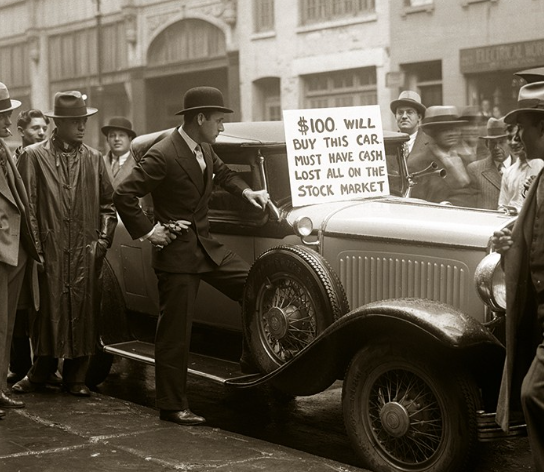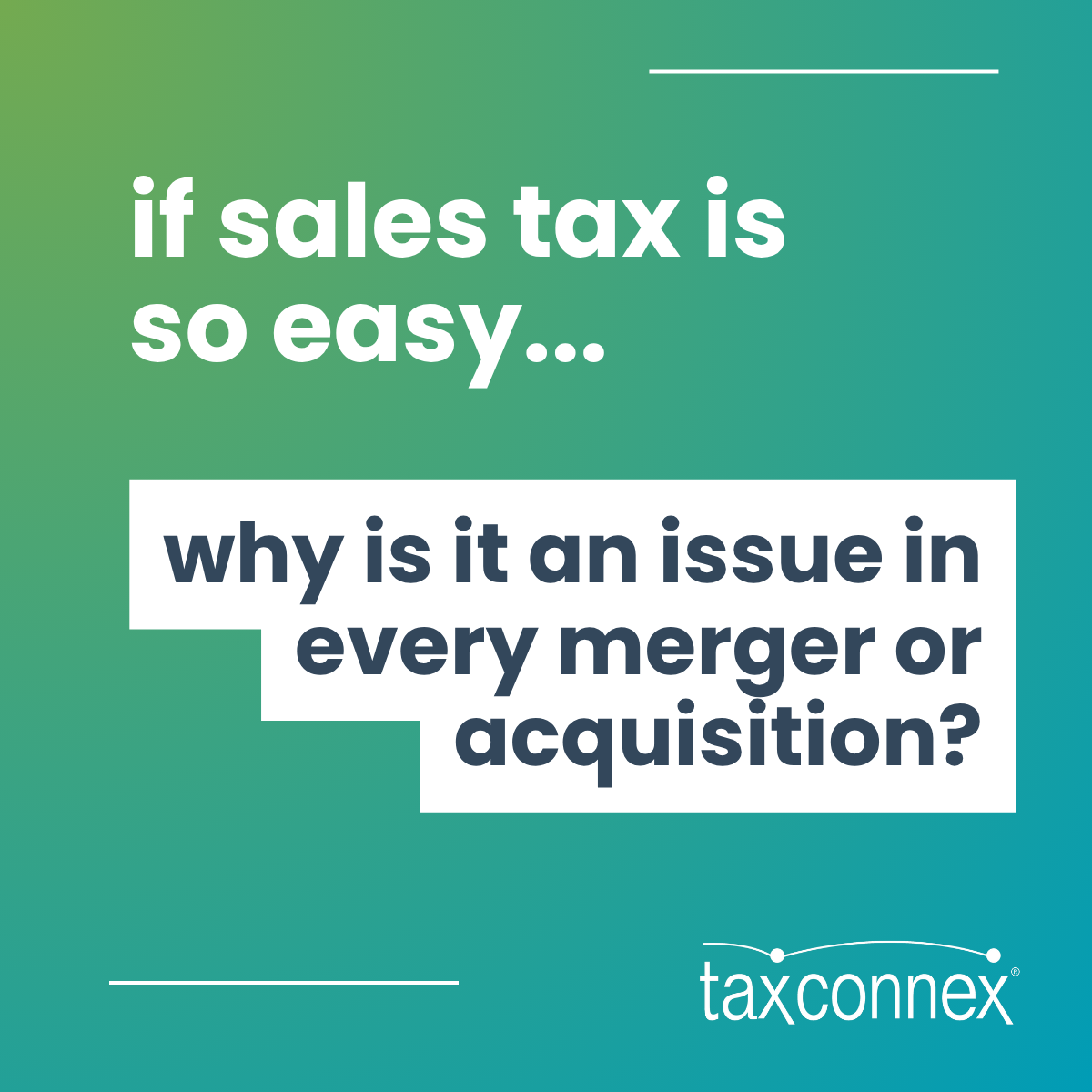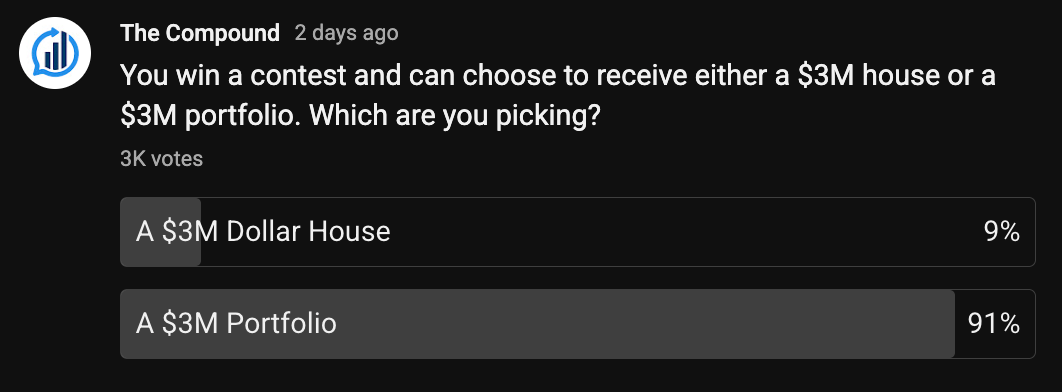The New York Times has an op-ed warning that we could be heading for another 1929 peak:
Here’s the explanation and parallels:
The parallels between the 1920s and the 2020s are numerous — and ominous. The 1920s economy boomed while America recovered from a deadly pandemic, the flu of 1918. Americans used installment plans — the precursor to today’s ubiquitous “buy now, pay later” plans at online checkouts — to spend liberally on consumer products, and they poured money into speculative new investments. Automobile and telephone stocks were the high-flying tech investments of their day; Tesla and Apple are two of ours.
The prevailing interest rate was around 5 percent, as it is today.
And as with today, masses of Americans took advantage of easy credit and ubiquitous stock brokerages to speculate in finance. In 1929, a New York Times editor quoted a major newspaper’s financial expert who said that the “huge army that daily gambles in the stock market” had come to include, in the editor’s words, “the woman nonprofessional speculator,” whose share of market trading grew by one estimate from less than 2 percent to 35 percent. That influx of buying from 1919 to 1929 drove the stock market up more than sixfold over the decade — a growth rate our market has actually surpassed over the past three years.
I just finished Andrew Ross Sorkin’s new book 1929.1 It is scary when you think about how eerily similar the investor behavior is between now and then — speculation, the rise of retail investors, leveraged, innovation, euphoria, etc.
All of that stuff led to the biggest crash in U.S. stock market history in the 1930s. Could we actually see a repeat of that situation?
Never say never but we live in a completely different world today.
Here are some reasons why a 1929 scenario is highly unlikely to happen again:
There are rules now. Most of today’s banking regulations, securities laws and government assistance programs were developed in response to the Great Depression.
Back then it was the Wild West.
There was no SEC.
No FDIC insurance. No circuit breakers on the stock market to halt a panic. No margin requirements or trading rules. No one had any clue about economic data in real-time.
Big players could manipulate markets. There was insider trading. The Fed didn’t act as a lender of last resort.
When people lost their jobs, there was also no unemployment insurance. Social Security did not exist.
Now we have all of this stuff to act as a stabilizer.
We also have fiscal and monetary policy if things get bad enough.
The stock market is far more important. In his book The Great Crash 1929, John Kenneth Galbraith outlines stock market ownership heading into the Great Depression:
In later years, a Senate committee investigating the securities markets undertook to ascertain the number of people who were involved in securities speculation in 1929. The member firms of twenty-nine exchanges in that year reported themselves as having accounts with a total of 1,548,707 customers. (Of these, 1,371,920 were customers of member firms of the New York Stock Exchange.) Thus only one and a half million people, out of a population of approximately 120 million and of between 29 and 30 million families, had an active association of any sort with the stock market.
That’s around 1-2% of the population at the time.
Of those 1.5 million investors in the stock market, around 600,000 of them used margin to leverage their trades. So there were certainly people going nuts in bucket shops back then but it was a tiny portion of the population.
Today, nearly two-thirds of all households own stocks in some capacity.
People rely on the stock market for retirement planning and financial security. Higher stock prices create an environment where people are willing to spend more freely in the economy.
Companies use their shares as compensation for employees.
Right or wrong, the stock market is far more important in 2025 than it was in 1929.
Policymakers and the rich and powerful are not going to allow for an 86% stock market crash.
It would lead to anarchy.
Policy makers have learned from past mistakes. Galbraith wrote, “The Federal Reserve Board in those times was a body of startling incompetence.”
Both Republicans and Democrats agreed the right move for the government was to balance its budget. During a depression!
The 2008 financial crisis didn’t turn into the Great Depression because the Fed studied the Great Depression. The 2020 Covid panic didn’t turn into something worse because we experienced the Great Financial Crisis in 2008.
Do you think our society would allow something like this to happen again:
After Great Crash came the Great Depression which lasted, with varying severity, for ten years. In 1933, Gross National Product (total production of the economy) was nearly a third less than in 1929.
Not until 1937 did the physical volume of production recover to the levels of 1929, and then it promptly slipped back again. Until 1941 the dollar value of production remained below 1929. Between 1930 and 1940 only once, in 1937, did the average number unemployed during the year drop below eight million. In 1933 nearly thirteen million were out of work, or about one in every four in the labor force.
In 1938 one person in five was still out of work.
No way!
We would throw so much monetary and fiscal policy at a slowdown of that magnitude that it would never go that long.
Now, are there unintended consequences of taking away the left tail like this? Yes.
Will there still be bear markets? Of course.
Crashes? Definitely.
Financial crises?
Yes we are still human after all.
But another Great Depression? I don’t see how it’s possibly short of an alien attack.2
We can’t have another Great Depression because the Great Depression already happened.
Further Reading:
10 Things You May Not Know About the Great Depression
1Short book review: It was excellent. Lots of stories and characters I had never heard of before.
2Even that might be bullish because of all the infrastructure spending required. Plus once we defeat the aliens we could steal their tech secrets.
It would lead to an innovation boom.
Disclaimer: This story is auto-aggregated by a computer program and has not been created or edited by finopulse.
Publisher: Source link








